With 55K at risk of losing internet service, activists call on Congress to extend pandemic-era program
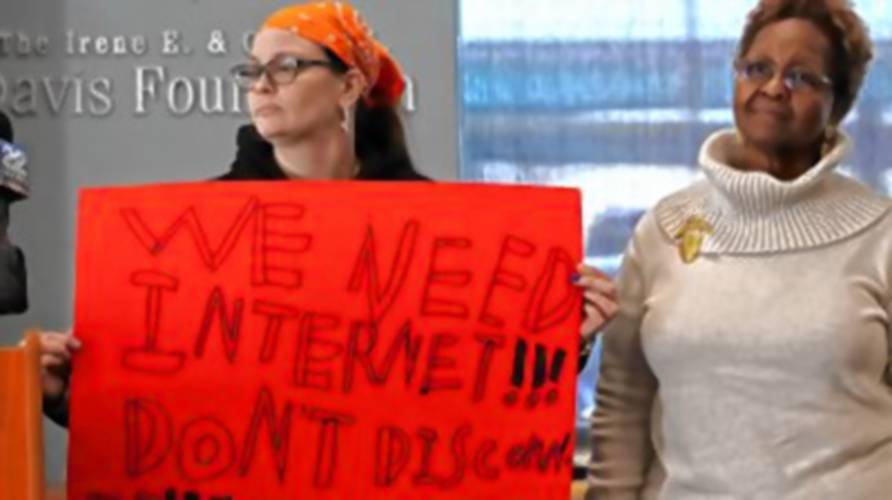
STAFF PHOTO/ALEXANDER MACDOUGALL
| Published: 02-21-2024 9:29 PM |
SPRINGFIELD — Local activists, organizations and representatives from western Massachusetts’s congressional delegation are urging the U.S. federal government to extend a pandemic-era program that covers internet costs for 55,000 low-income residents in the region.
The program, dubbed the Affordable Connectivity Program (ACP), recently stopped accepting new enrollments and is currently set to run out of funds in April — a development that could put homeowners in the state’s four westernmost counties in danger of losing a service essential for work, school and other necessities.
Launched in 2021 during the COVID-19 pandemic when the increasingly essential nature of internet access became more apparent, the program subsidizes broadband access for low-income households. At least 23 million people across the country are subscribed to the program, including the 55,000 in Hampshire, Franklin, Hampden and Berkshire counties, according to data from the Universal Service Administrative Co., which administers the ACP.
Sonia Ramos, a Holyoke resident member of the Digital Equity Coalition group, recounted how she had arrived in Massachusetts in 2020 from Puerto Rico, just as the pandemic was getting underway, and she and her family risked homelessness and her daughter faced the possibility of being unable to graduate high school due to their lack of internet access. She compared the necessity of internet access to a bird needing the wind.
“Don’t cut our wind. We need to fly,” Ramos said. “If Congress doesn’t act in favor of the ACP, then we are going to be in a hard decision between daily bread and an empty plate.”
Ramos and other advocates held a press conference Wednesday at the Springfield offices of affordable housing nonprofit Way Finders to advocate for ACP’s continuance. Bea Dewberry, the director of community building and engagement at Way Finders, said it’s important to think of the human impact when discussing concepts like the “digital divide” of unequal internet access.
“Stop thinking of phrases like ‘the digital divide’ as just this sort of random concept. It represents people,” Dewberry said. “These are people who are seeking laptops and devices, not just access to the internet, and they’re seeking training on how to use those laptops and devices.”
In Hampshire and Franklin counties, there were more than 11,000 claimed subscribers to the ACP as of the start of this year, according to the the Universal Service Administrative Co. data. Municipalities with the largest number of subscribers in the two counties included Greenfield with 1,576, Easthampton with 1,408, Orange with 1,160 and Northampton with 851. In the city of Holyoke alone, more than 5,200 people were subscribed to the program as of the start of this year, according to the data.
Article continues after...
Yesterday's Most Read Articles
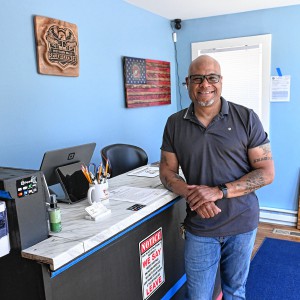 Retired police officer, veteran opens firearms training academy in Millers Falls
Retired police officer, veteran opens firearms training academy in Millers Falls
 Valley lawmakers seek shorter license for FirstLight hydropower projects
Valley lawmakers seek shorter license for FirstLight hydropower projects
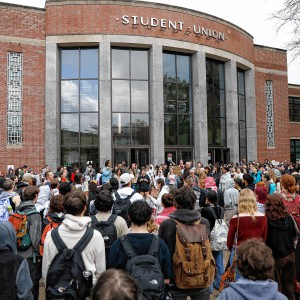 More than 130 arrested at pro-Palestinian protest at UMass
More than 130 arrested at pro-Palestinian protest at UMass
 Baseball: Caleb Thomas pitches Greenfield to first win over Frontier since 2019 (PHOTOS)
Baseball: Caleb Thomas pitches Greenfield to first win over Frontier since 2019 (PHOTOS)
 Real Estate Transactions: May 10, 2024
Real Estate Transactions: May 10, 2024
 As I See It: Between Israel and Palestine: Which side should we be on, and why?
As I See It: Between Israel and Palestine: Which side should we be on, and why?
Representatives from U.S. Sens. Elizabeth Warren and Ed Markey were present at Wednesday’s event, as were representatives for U.S. Reps. Jim McGovern and Richard Neal, whose districts include the whole of western half of the commonwealth. Earlier this week, Markey was at a library in the eastern Massachusetts city of Lynn where he voiced strong support for continuation of the program.
“The end of the Affordable Connectivity Program would be a lose-lose-lose,” Markey said during that event. “A loss for families, a loss for our economy and a loss for our democracy.”
Congress recently introduced the Affordable Connectivity Program Extension Act, which would provide $7 billion to keep the program funded for the rest of the year. The act has drawn bipartisan support with 24 co-sponsors evenly split by partisan lines, although there is no guarantee the bill will pass.
In a recent letter to Congress, Federal Communications Commission Chairwoman Jessica Rosenworcel warned that without additional funding, ACP households “are at risk of losing the internet service they rely on for work, school, health care and more.”
Keith Fairey, president and CEO of Way Finders, agreed, calling the subsidy program a “lifeline” for many in the community.
“It gives them an affordable way to participate in the digital life that many of us take for granted. Whether that is paying bills online or engaging with health care providers; getting information from a child’s school; working remotely; or just connecting with family and friends,” he said.
Kathy Bisbee, the director of the Alliance for Digital Equity group, said Wednesday that more needed to be done than simply rely on Congress for further funding of the program. The alliance, housed at Baystate Health, is a coalition of 40 organizations in the four western counties.
“We have to work together here in western Mass. to make sure that all of our residents have access to affordable, accessible internet,” Bisbee said. “The right to have internet access, to be connected to the world — it’s no longer a luxury. It’s a necessity to participate in our democracy.”

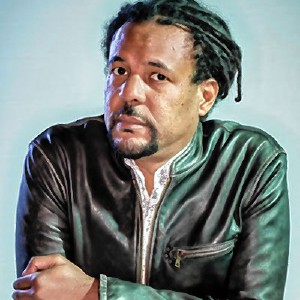 UMass graduation speaker Colson Whitehead pulls out over quashed campus protest
UMass graduation speaker Colson Whitehead pulls out over quashed campus protest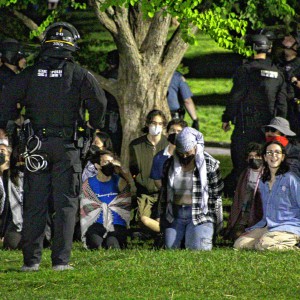 UMass student group declares no confidence in chancellor
UMass student group declares no confidence in chancellor Four Rivers Climate Club organizes litter cleanup, panel on environmental activism
Four Rivers Climate Club organizes litter cleanup, panel on environmental activism
